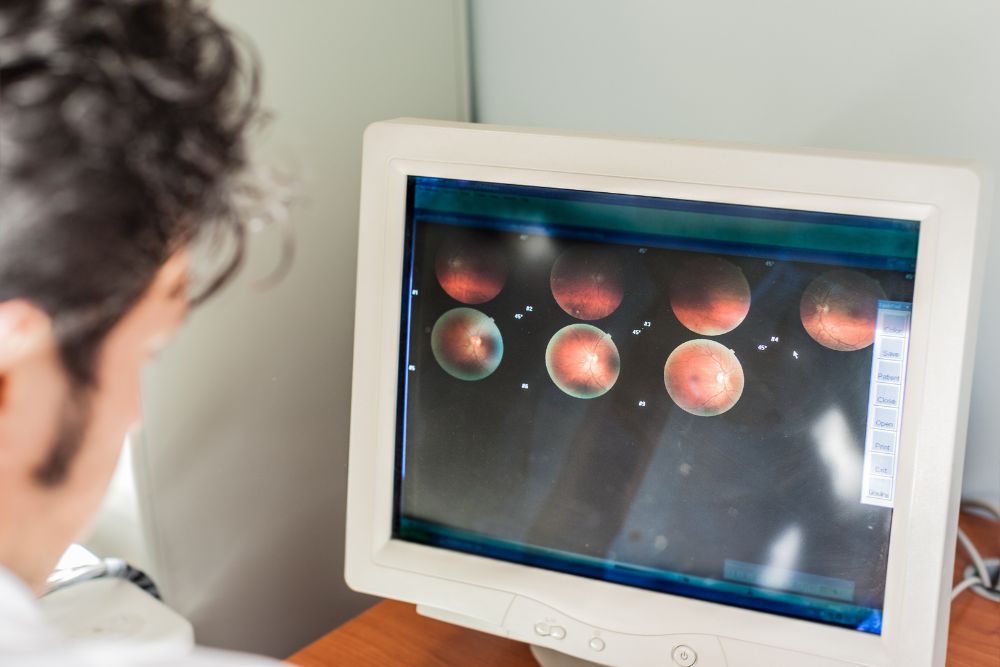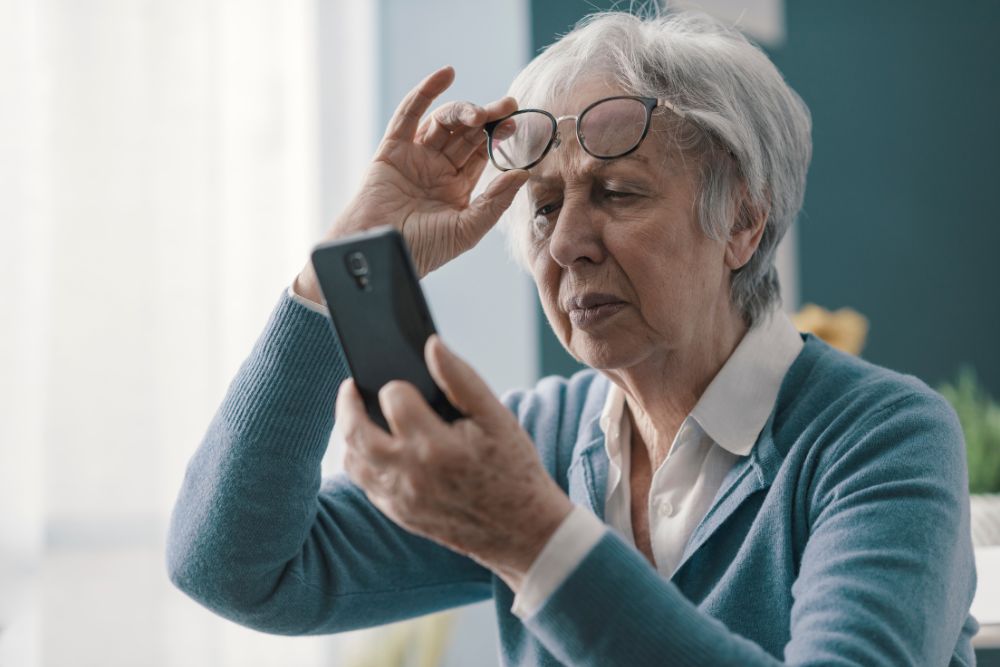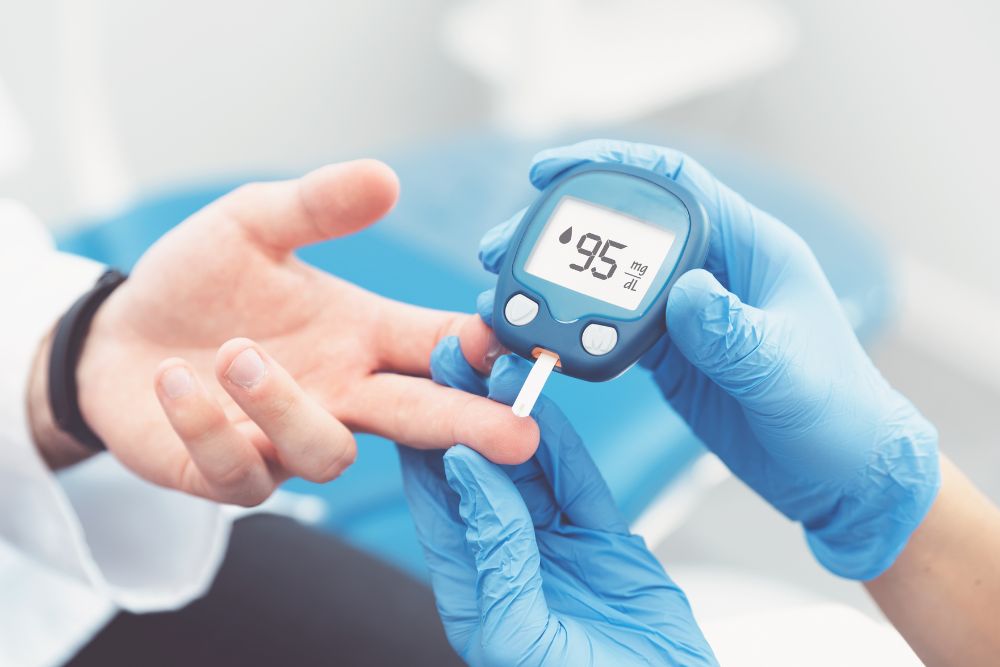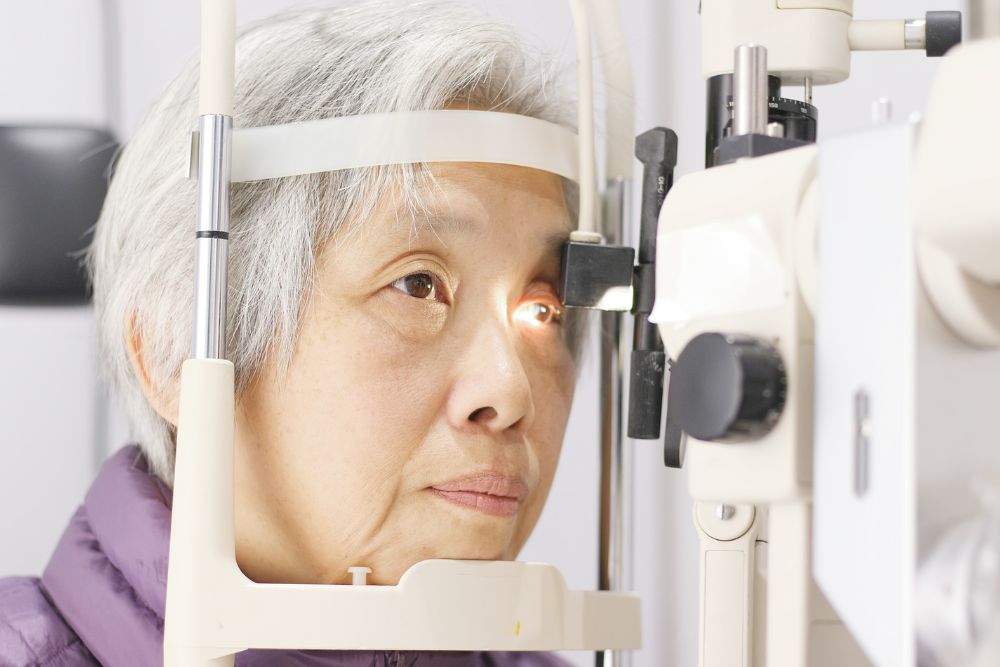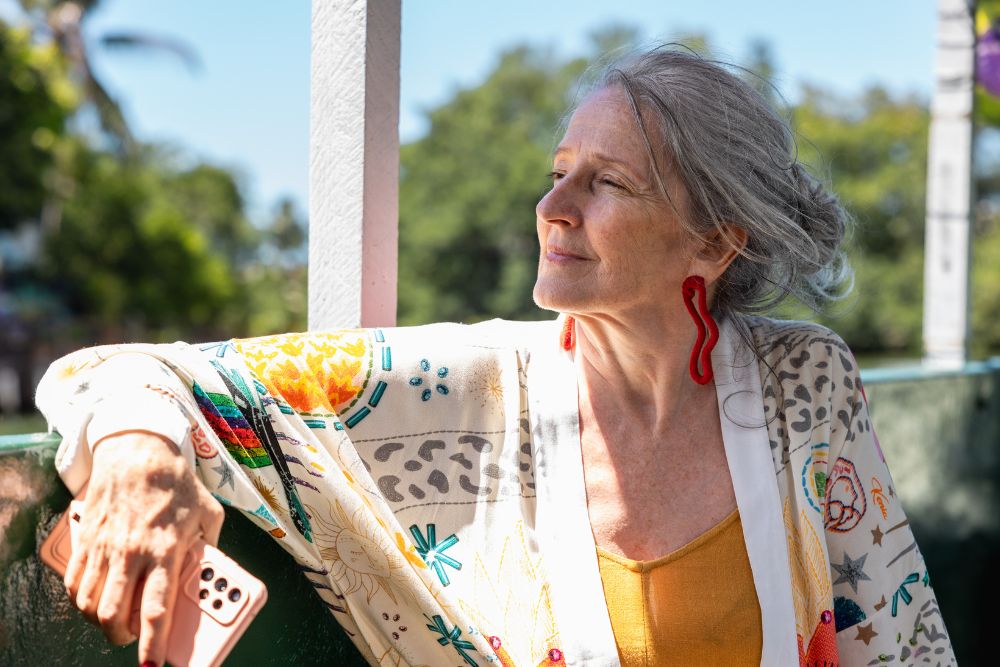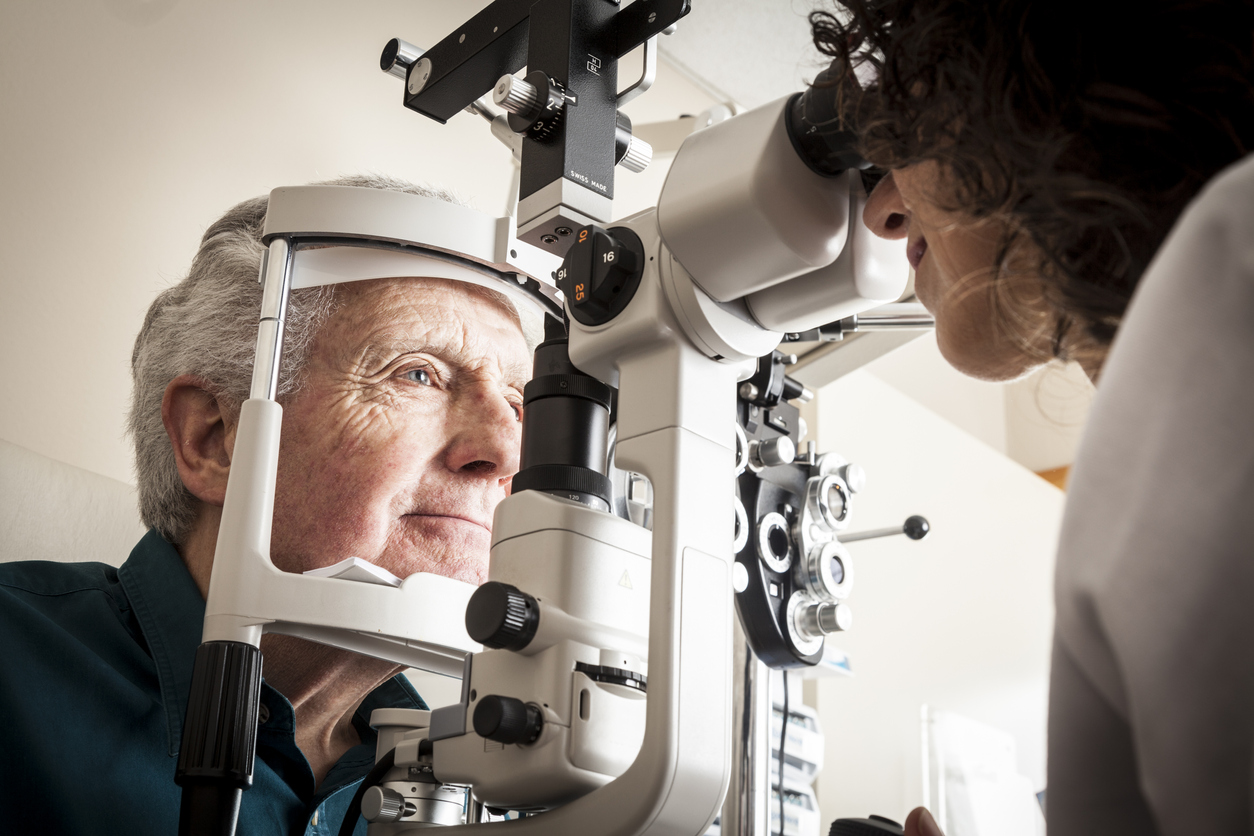 May 22, 2025
May 22, 2025What Does a Vitreoretinal Surgeon Do?
When it comes to protecting your vision, not all eye specialists serve the same role. If you’ve been referred to a vitreoretinal surgeon, you may be wondering …
![]() April 2, 2025
April 2, 2025Understanding Retinal Detachment: Signs You Should Never Ignore
Life can get extremely busy. Between work and personal commitments, not to mention finding time to relax or enjoy a hobby, it seems like there’s always …
![]() March 20, 2025
March 20, 2025The Role of Retinal Imaging in Diagnosing Eye Disease
Many retinal conditions develop silently, showing no obvious symptoms in their early stages. That’s why retina specialists rely on advanced retinal imaging to …
![]() February 1, 2025
February 1, 2025Low Vision Aids You Need for Age-Related Macular Degeneration
Living with age-related macular degeneration (AMD) can make everyday activities more challenging, but it doesn’t mean giving up on the things you enjoy. With …
![]() January 16, 2025
January 16, 2025How Diabetes Resolutions Can Protect Your Vision in 2025
If you have diabetes, you're at risk of developing a condition known as diabetic retinopathy. This condition affects the retina, which is the light-sensitive …
![]() December 17, 2024
December 17, 2024Holiday Stress and Eye Health: How Stress Can Affect Retinal Conditions
Stress is a normal part of life but can intensify during the holiday season. Between buying gifts, organizing family get-togethers, and taking endless trips to …
![]() November 21, 2024
November 21, 2024Preventing Diabetic Retinopathy: Lifestyle Changes and Tips for Eye Health
Diabetic retinopathy is an eye condition that occurs as a result of high blood sugar levels. Over time, elevated glucose in the blood can damage the blood …
![]() October 30, 2024
October 30, 2024Understanding Retinal Vein Occlusion: Different Types and Their Impact
Retinal vein occlusion is a condition that occurs when small veins in the back of the eye become blocked. As a result, blood can’t flow through them. This …
![]() September 27, 2024
September 27, 2024The Link Between Retinal Health and Overall Well-Being
Our retinas can provide valuable insights into our overall well-being. By assessing our eyes, retina specialists can detect early signs of various health …
![blog hero]() August 29, 2024
August 29, 2024An Overview of Retinal Treatments: What You Need to Know
The retina is a thin layer of tissue on the inside back wall of the eye that plays a key role in your vision. It converts light that enters your eye into …
Blog Search
Follow CRC
Categories
Tags
- Age-Related Macular Degeneration (AMD)
- AMD
- Best Retina Specialists
- Central Serous Chorioretinopathy (CSC)
- diabetes
- diabetic eye disease
- Diabetic Retinopathy
- diabetic retinopathy
- Dry AMD
- retina
- Retinal Health
- Retinal Vein Occlusion (RVO)
- Retina Treatments
- smoking
- tobacco
- Wet AMD
Welcome to the CRC Blog! Here, we offer patients essential information and insights into the world of retinal health. Check back here often to stay up-to-date on all things retina as well as important announcements from our practice.
A Team of Experts:
Experience You Can Trust
Experience You Can Trust


